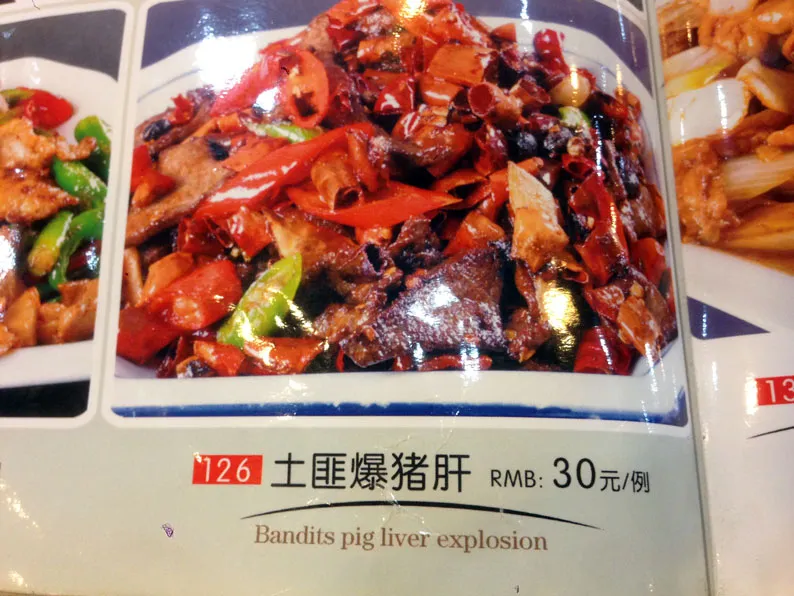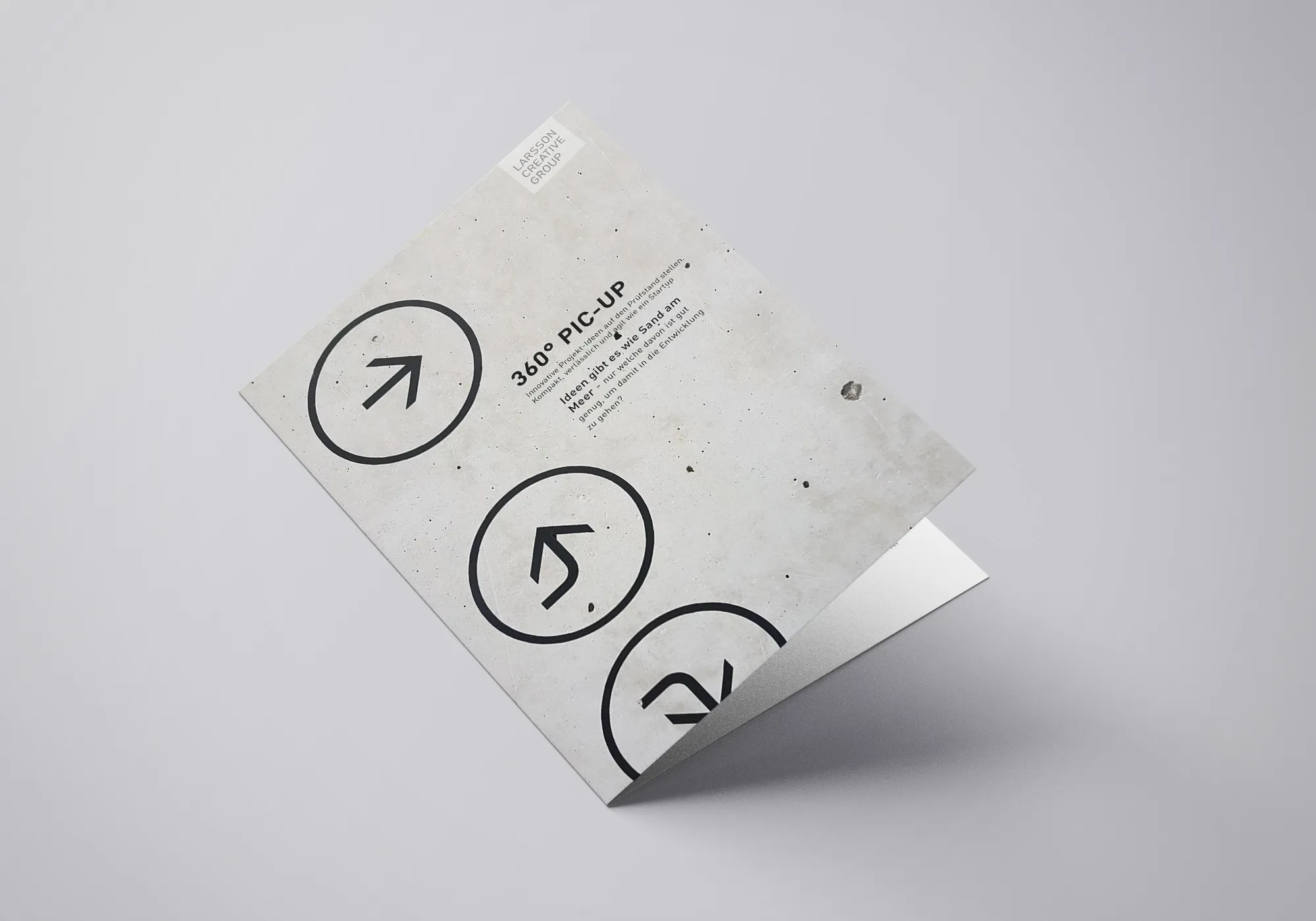Experience
Shanghai Brand Director’s Farewell Thoughts on His Time Spent in China
Dieser Artikel ist derzeit nur in englischer Sprache verfügbar.

I sit at my desk in what is my last week at WILDDESIGN and a million thoughts race through my head. A blend of emotions connected with leaving “home” and the day to day anxieties of planning a move. One minute my thoughts are of all the things I will miss about China, the next I will be thinking of how to avoid the extortionate excess baggage charges. I have lived in China for a little over a year now and while some might say that this is not long I feel it is the perfect snap shot period to give me both the insight and credibility necessary to share my thoughts with some significance. Having collected my thoughts in the only way a strategist knows how, I littered my desk with colourful post it notes trying to somehow make sense and order of what is a seemingly endless plethora of insights, observations and experiences. There are too many to go through them all and simply not enough time before I leave so I have picked my favourites below.
Translation is not always possible

An often harsh reality of living in China is that like most westerners or “Laowai” I have not managed to master the Chinese language. Well to be honest that’s putting it lightly, my abilities extend no further than being able to order a few meals and to direct a taxi around my adoptive home town of Shanghai. Both in my personal life and in the professional environment I am therefore confronted with trying to make sense of the world around me. Walk into any restaurant in China and you’ll be sure to see bemused westerners giggling over the mistranslations of dishes on the menu. My personal favourite so far has been “Explosion Shrimp”, although I am disappointed to report they don’t actually explode.
In my working life translation is often both an interesting but also a confusing subject. As someone who attempts to give brands and adverts meaning on a daily basis I have had to understand it on a deeper level. Though the fundamental thing I have learnt in my time in China is that translation isn’t always possible. At least it isn’t always possible in the way westerners understand translation to work. This is largely due to the fact that most Latin and Germanic languages translate back and forth quite well, other than the odd word here and there. The reality with China is that the language works on a completely different level. What is ultimately important is that the original headline, body copy or brand name are translated in a way that, in the end, shares the same meaning and has the same emotional reaction with consumers.
An eye on the West but not heading there
A somewhat arrogant perception held by the west and most westerners is that by enlarge the East or in this case China wants to be western. Sure the Chinese have adopted a lot of the brands, products and culture propagated by the West but in reality this is more a pick and mix rather than a complete adoption. I don’t need to tell you that China has experienced and incredible boom over the past 25 years, skyscrapers and peoples bank accounts rocketing upwards. I don’t need to tell you that China has helped some western luxury brands enjoy some of their most prosperous years on record. All this is no surprise as it makes daily headlines across the globe. What you may not know is that change is on the move. China is reversing the flow of culture in a way that will impact the rest of the world in a dramatic way. China is finding an identity and turning “Made in China” into a seal of quality and not quantity. Expect to see a huge surge in Chinese brands and culture flowing westward across the next few years.
Tradition and superstition are vitally important

The level of superstition and tradition present in everyday life in China is astounding and wonderful at the same time. Besides the obvious aversion to unlucky numbers such as 4 and 14 the Chinese hold a wide range of beliefs that run deep through the cultural backbone of society. To integrate into local society means to accept that some things which may seem illogical to a westerner are just different here. Just as a Chinese person may not understand why walking under a ladder is bad luck (not that all westerners understand this either) we might not understand why clipping finger nails at night would summon ghosts to the house. However unusual these customs and beliefs might seem a basic understanding of them can help ease integration into society, and more importantly can help those wishing to do business here without offending anyone. This is the same in any country and tends to be one of my first points of research before heading to a new place.
One particular tradition worth mentioning is the casual use of fireworks. Having arrived shortly before Chinese New Year last year nothing could have prepared me for what I experienced on the night. While it is not exactly an experience I would like to relive I would say that it is something that needs to be experienced once to be fully understood. The use of fireworks in celebrating the New Year or the opening of a new building is an age old tradition which the Chinese have practiced since the 7th century and reflects the strong link with past customs. If you haven’t experienced the fireworks barrage of the Chines New Year make sure to do it soon or you may miss the chance all together. Fireworks risk becoming a thing of the past as governments encourage people to celebrate in a less environmentally unfriendly manner.
My time in China is over but I will never forget the things I have learned here. China will continue to dominate the globe for the near to long term future and so I am glad to understand this complex culture better, if only that little bit. Having travelled here with a negative disposition I have once again learnt the same lesson I have learnt over and over in my life. The lesson is that every country is different, every culture is unique and the perception you have of them is one the more often than not is created by those who know little about either. Open your eyes, open your mind and accept what might feel unfamiliar at first and allow yourself to experience something different. It might be peculiar, it might taste weird but in the end the worst that can happen is you don’t order spicy chicken feet again.
Zài Jiàn China! I will be back…

Häufig gestellte Fragen




